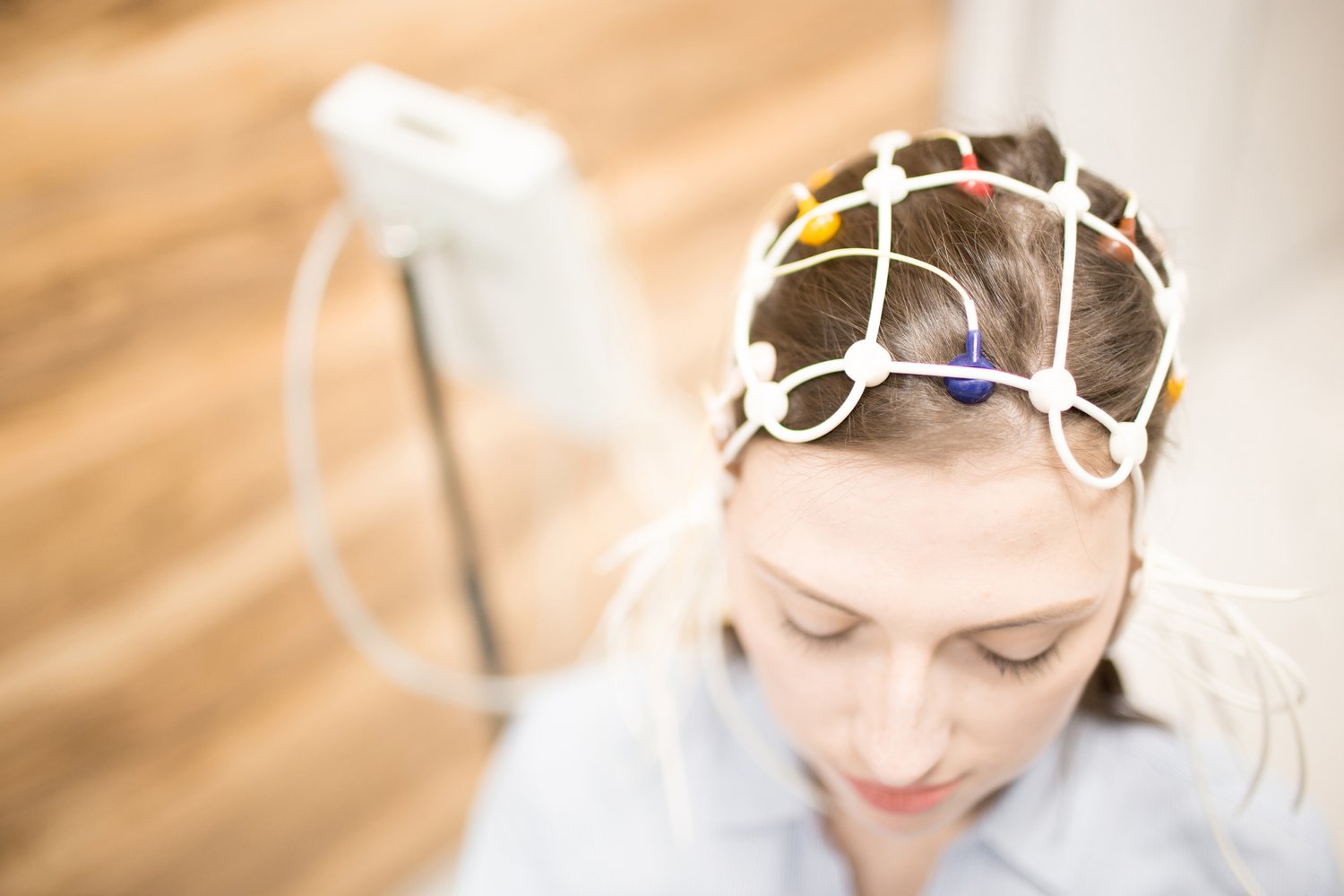As many doctors don’t consider the role of chronic infections like Lyme disease in mental health conditions, these patients usually receive treatments that only address symptoms and give them partial relief. In this keynote presentation from the 2018 Mount Sinai Conference on Lyme Disease in the Era of Precision Medicine, Dr. Suruchi Chandra discusses a new framework for understanding and treating brain-related Lyme disease.
Why do psychiatric Lyme patients often go undiagnosed?
The Western blot, which is the current standard testing for Lyme disease, was created for diagnosing early-stage infections that primarily involve joint pain. However, the test does not appear to be as helpful or accurate in diagnosing late-stage or chronic Lyme disease, which is when many psychiatric symptoms become apparent. Another complicating factor is that Lyme disease often involves not only the Borrelia burgdorferi bacteria, but also many co-infections that are not routinely tested for by doctors.
Dr. Chandra discusses the various misunderstandings about Lyme disease, as well as the need to listen to patients and to use other diagnostic tools to improve patient outcomes.
Are there safe, long-term treatment options for chronic Lyme disease?
Prolonged use of antibiotics can have significant risks, and it’s unclear if they’re effective for long-term Lyme patients based on their current rate. Dr. Chandra encourages us to consider integrative and alternative treatment approaches, including:
-
Herbal antimicrobials, which may be better tolerated and may also address co-infections.
-
Nutrition, to build a healthy microbiome and a stronger immune system.
-
Neurotherapy, which utilizes the brain’s natural plasticity and ability to heal.
Patients can become stronger and more resilient with the right treatments.
Many long-term Lyme patients lose hope after years of suffering and inadequate treatment. While further studies are needed to better understand the mechanisms behind Lyme disease, Dr. Chandra shows us that there are steps that doctors and patients can take now to build internal resiliency against these infections.
References
1. “Human Borrelia miyamotoi Infection in the United States” New England Journal of Medicine (2014)
2. “Human Babesiosis Caused by Babesia duncani Has Widespread Distribution across Canada” Healthcare (2018)
3. “Lyme Disease Treatment” CDC (2020)
4. “Persistence of Borrelia burgdorferi following antibiotic treatment in mice” Antimicrobial Agents and Chemotherapy (2008)
5. “Effects of penicillin, ceftriaxone, and doxycycline on morphology of Borrelia burgdorferi.” Antimicrobial Agents and Chemotherapy (1995)
6. “Destruction of spirochete Borrelia burgdorferi round-body propagules (RBs) by the antibiotic Tigecycline” PNAS (2009)
7. “A randomized, placebo-controlled trial of repeated IV antibiotic therapy for Lyme encephalopathy” Neurology (2008)
8. “Disruption of the gut microbiome as a risk factor for microbial infections” Current Opinion in Microbiology (2017)
9. “Resilience of the dominant human fecal microbiota upon short-course antibiotic challenge” Journal of Clinical Microbiology (2005)
10. “Antibiotic exposure and the risk for depression, anxiety, or psychosis: a nested case-control study” Journal of Clinical Psychiatry (2015)
The information and any products mentioned in this article are not intended to diagnose, treat, cure, or prevent any disease. The information provided is for educational purposes only and not intended to replace the relationships with your physician(s). Before initiating any conventional or integrative treatments, please first consult with a licensed medical provider. Please review references cited at the end of article for scientific support of any claims made.
RELATED ARTICLES & RESOURCES










